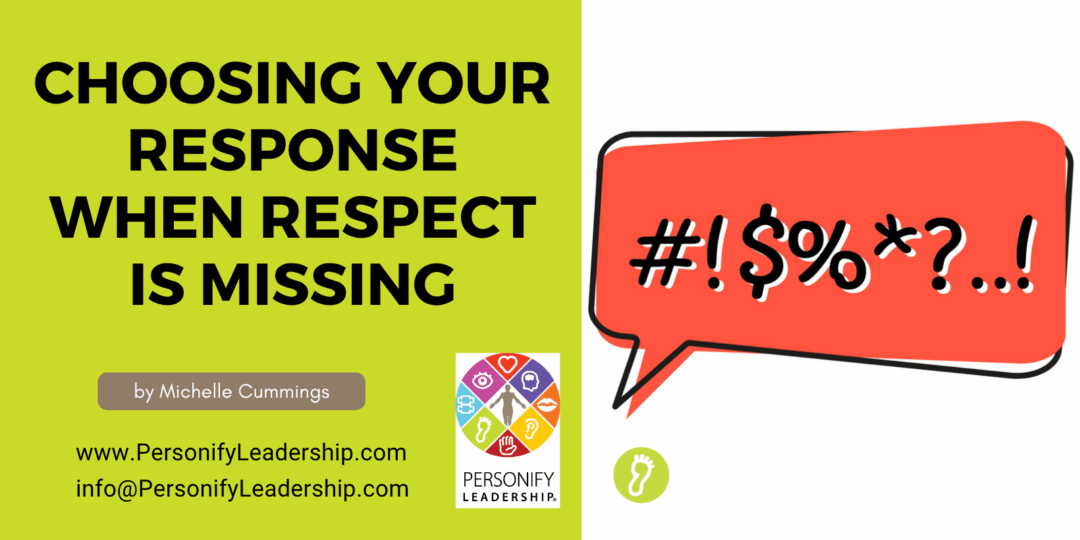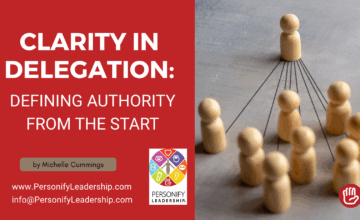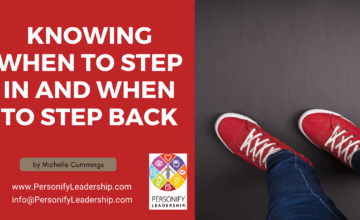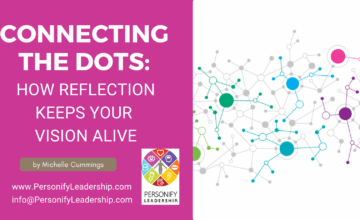Choosing Your Response When Respect Is Missing
- Feb 11, 2025
- By personifyadmin
- In Newsletters
- 0 Comments
Even the most composed leaders face moments when someone speaks or acts in a way that feels disrespectful. In those moments, it is natural to want to respond in kind. Matching their tone or attitude may feel like standing your ground, but it often fuels conflict rather than resolving it.
Reacting in the heat of the moment can quickly derail a conversation or relationship. What might have been a small misunderstanding can turn into a bigger problem simply because emotions overtake thoughtful decision-making. The real leadership skill lies in choosing a response that protects your integrity and keeps the situation from escalating.
This does not mean ignoring poor treatment or allowing bad behavior to continue. It means pausing to decide what kind of outcome you want before you act. Do you want to escalate the tension or redirect it? Do you want to win the moment or preserve the relationship? The answer shapes your next words and actions.
By choosing a healthier response, you set the tone for the interaction. You model composure, respect, and problem-solving under pressure. This approach not only keeps you in control of your own behavior but can also shift the other person’s energy in a more constructive direction.
It helps to prepare for these moments in advance. Think about your triggers; what kinds of comments or behaviors make you want to snap back? Having a plan for how you will respond when they happen gives you more control when emotions run high.
Leaders who consistently rise above the urge to respond in kind earn respect, even from those who may not show it in the moment. They maintain credibility and create a standard for how difficult situations will be handled on their team.
Our Core Program helps leaders develop strategies to respond thoughtfully in challenging interactions, ensuring their actions align with their values and long-term goals.
~by Michelle Cummings, Founder & CEO, Personify Leadership
Tip/Tool for Implementation: Match the outcome you want, not the behavior you receive.
Leaders who resist the urge to respond in kind when treated poorly maintain control of their actions and protect relationships. By choosing thoughtful, healthier responses, they set a standard for respectful interaction and model emotional maturity under pressure.
Supportive Research: An eye for an eye? A meta-analysis of negative reciprocity in organizations. (Journal of Applied Psychology, 2019).
Greco, L. M., Whitson, J. A., O’Boyle, E. H., Wang, C. S., & Kim, J.






Recent Comments